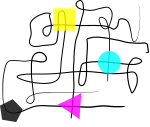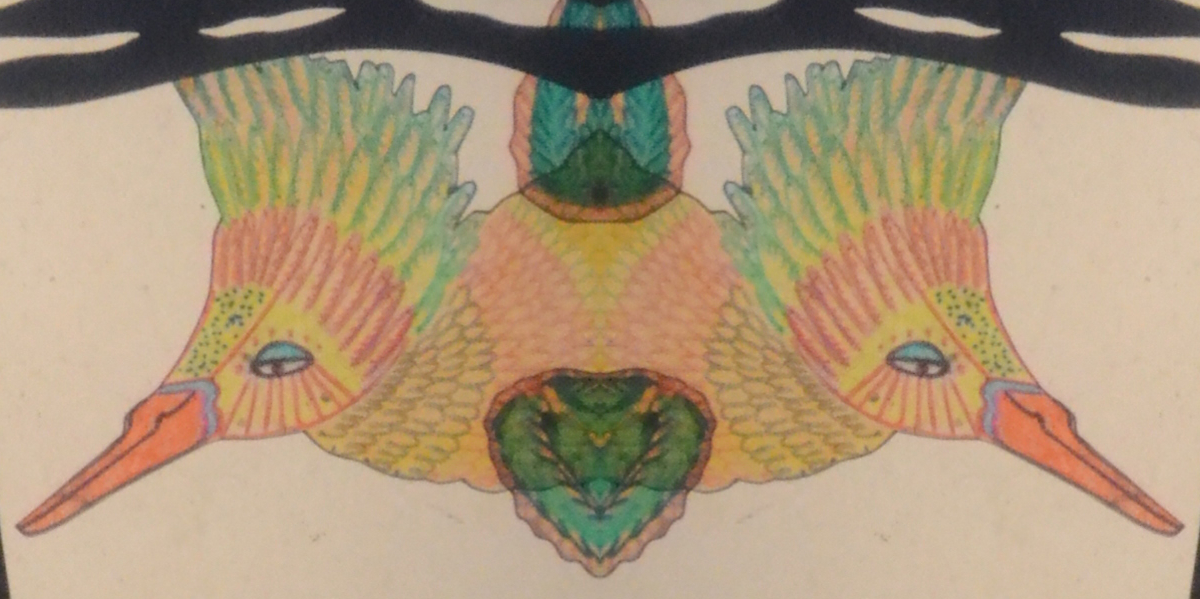
MUHE Network (Multispecies Health Network)
Collective care for ourselves and others – without individualism and anthropocentrism – is the basis of the multispecies health we conceive. Far from being a naïve abstraction of a world without suffering, this care is about taking the interests of others seriously, engaging in conflicts to try to solve them as fairly as possible and cultivating our empathy for other living beings. While species is a category of biological taxonomy, it also denotes and connotes a set of entities with something in common. There can be biological species, but also species of beings, knowledge, relationships and existences. Therefore, multispecies collectives are not limited to living beings, much less to animals. The composition of a given multispecies collective is always circumstantial and linked to a point of view. The health of multispecies collectives understood in this way is located on the colonial-capitalist peripheries of modernity. What this health seeks is not the inclusion of the peripheries in the colonial centre; on the contrary, it seeks to make them so peripheral that they are beyond the reach of the pathological marginalisation operated by that centre. It’s about public and collective health, based on good living (buen vivir), which doesn’t want to prematurely and anthropocentrically close off the composition of the public and the collective.
The MUHE Network, formerly the OHP Network (One Health of Peripheries), works with the decolonial care of multispecies collectives.
Click here to read more about the name change and multispecies health.
Publications
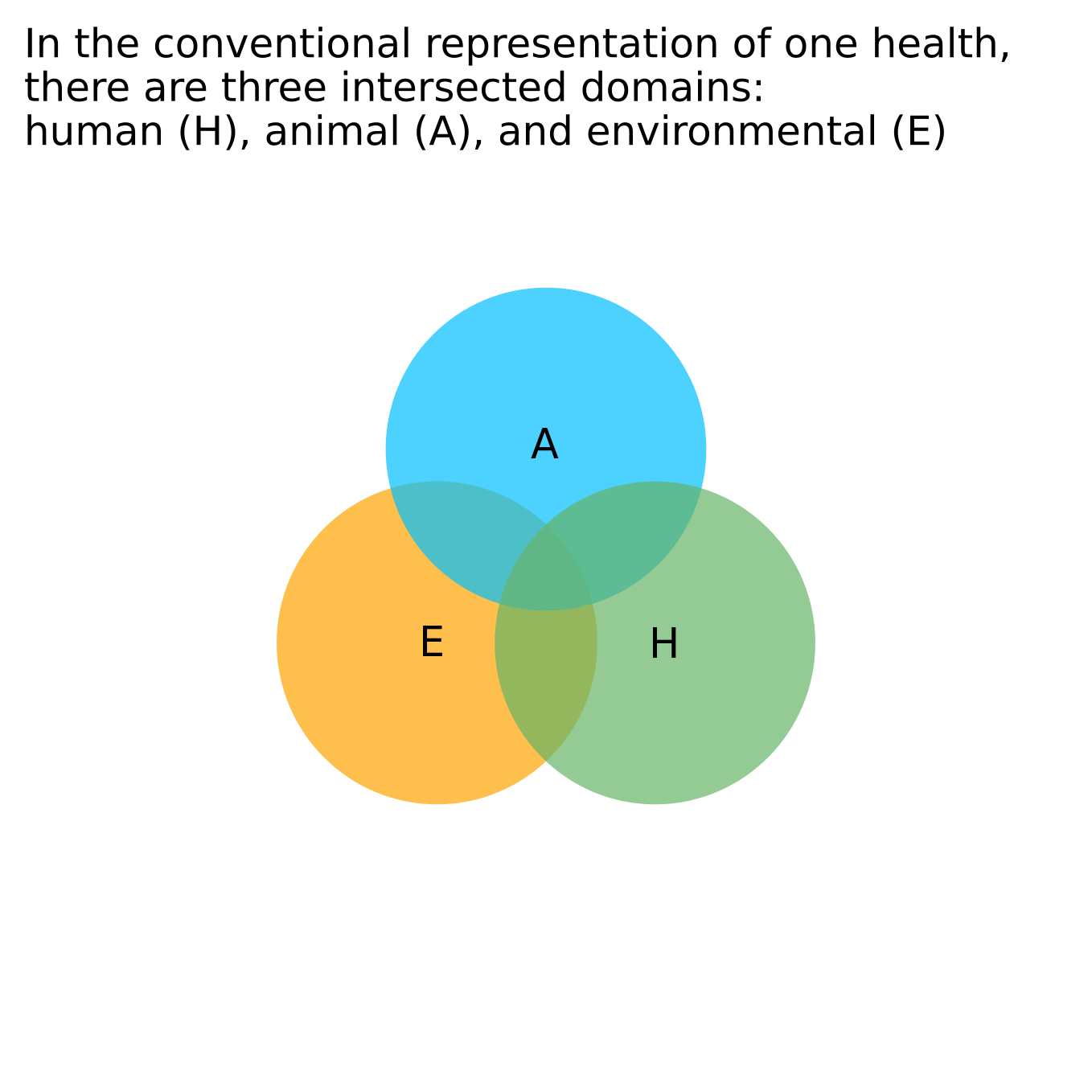
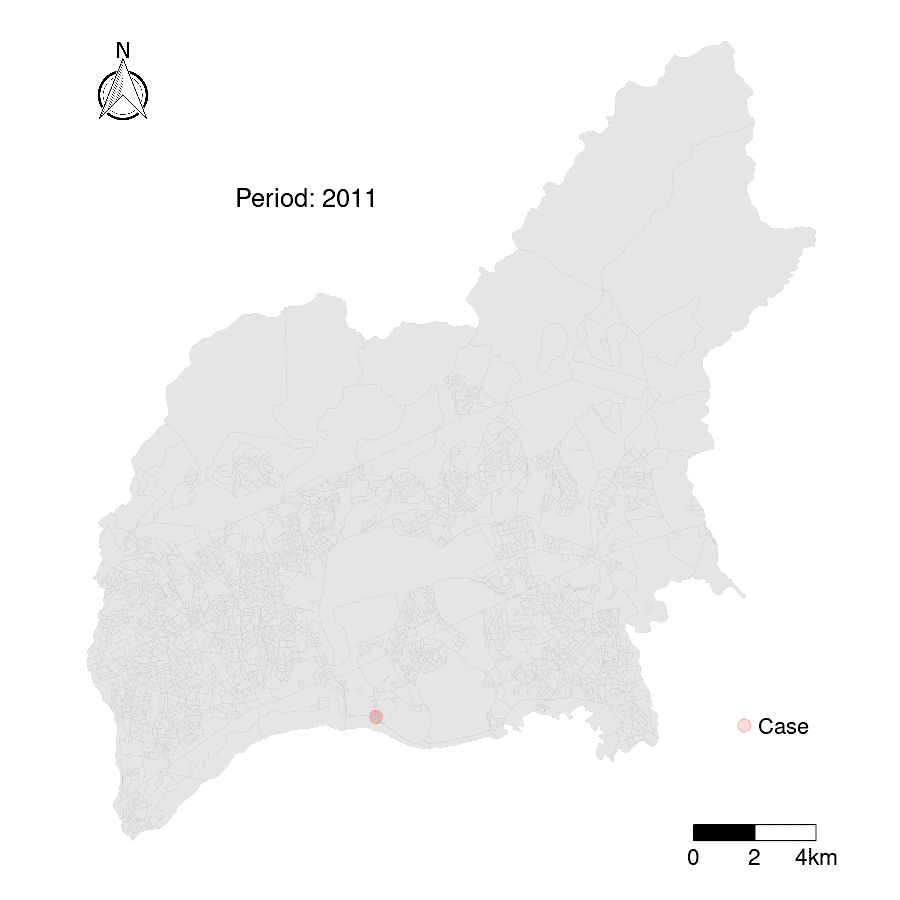
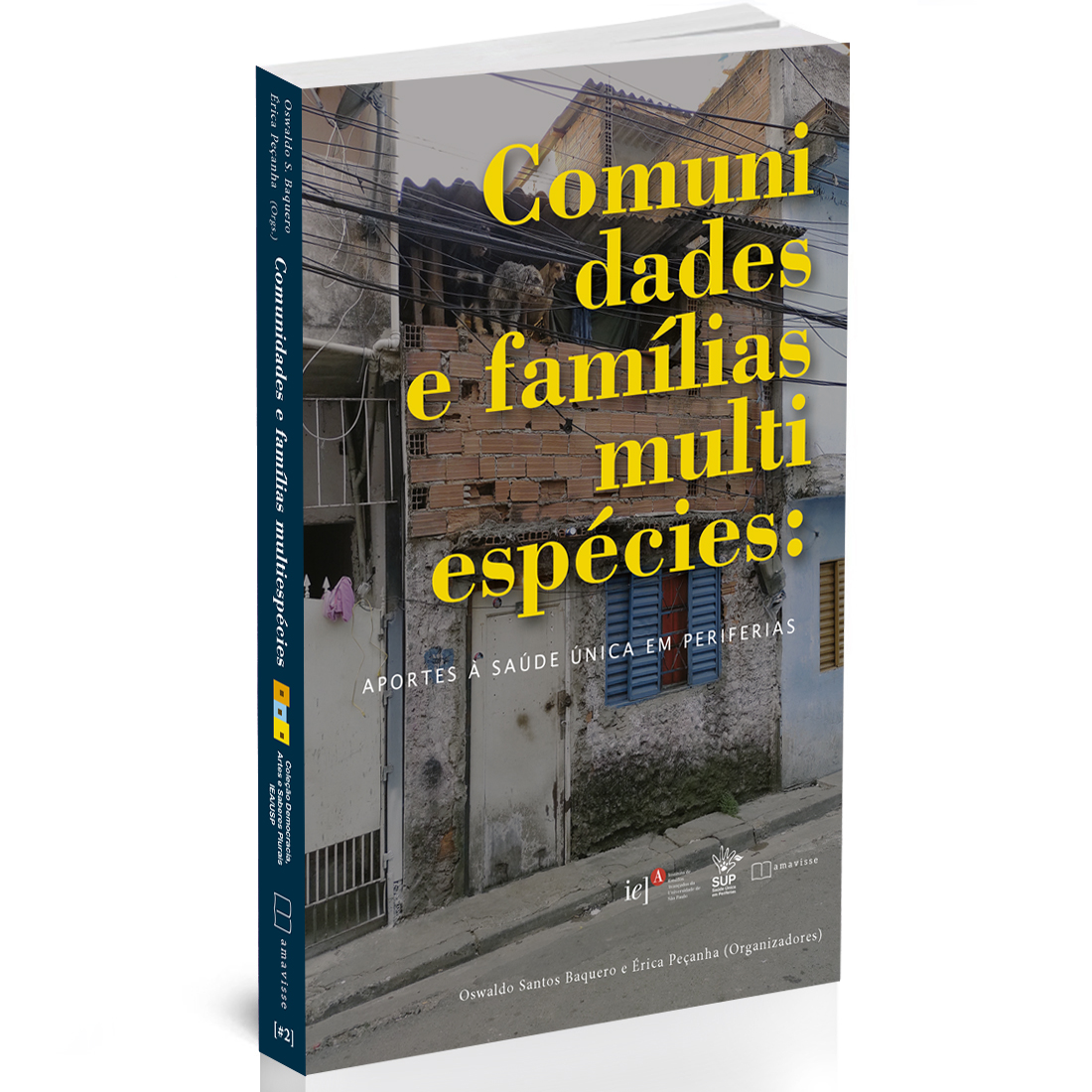
Projects
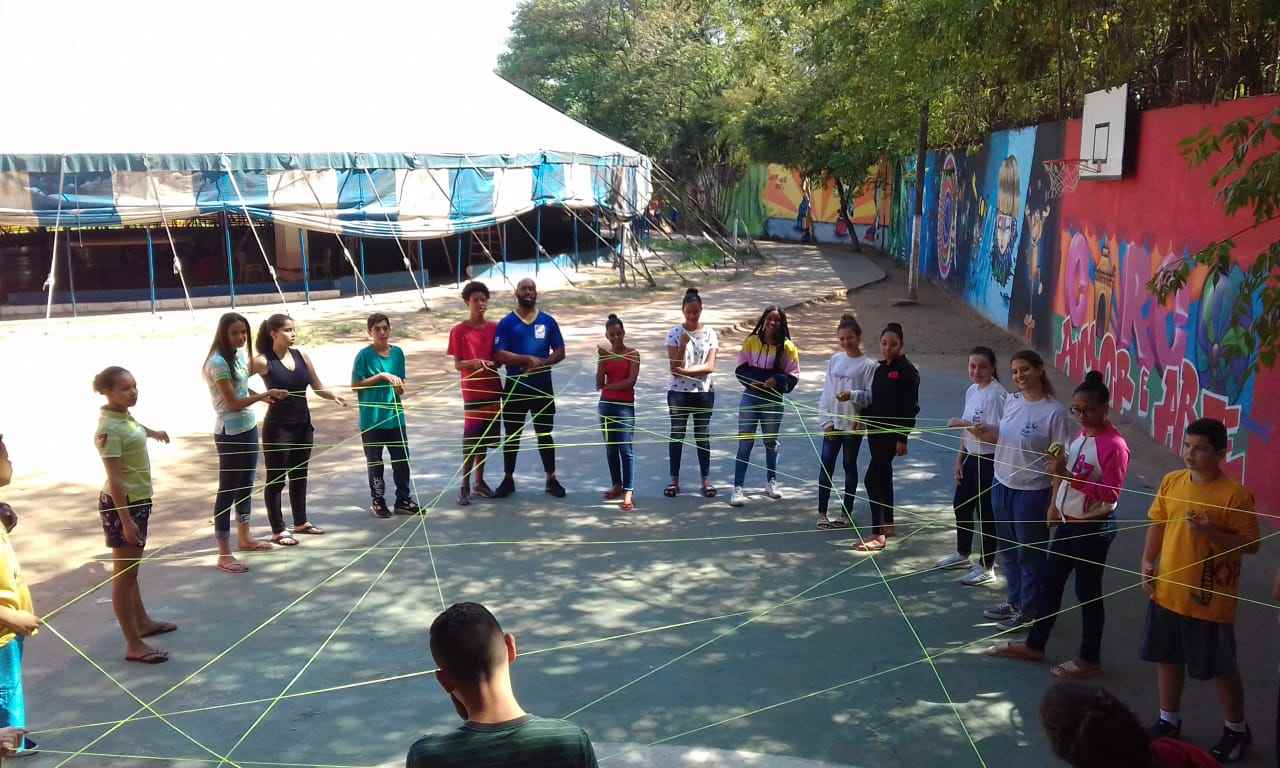
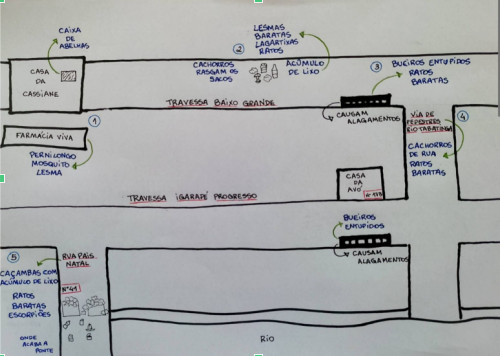
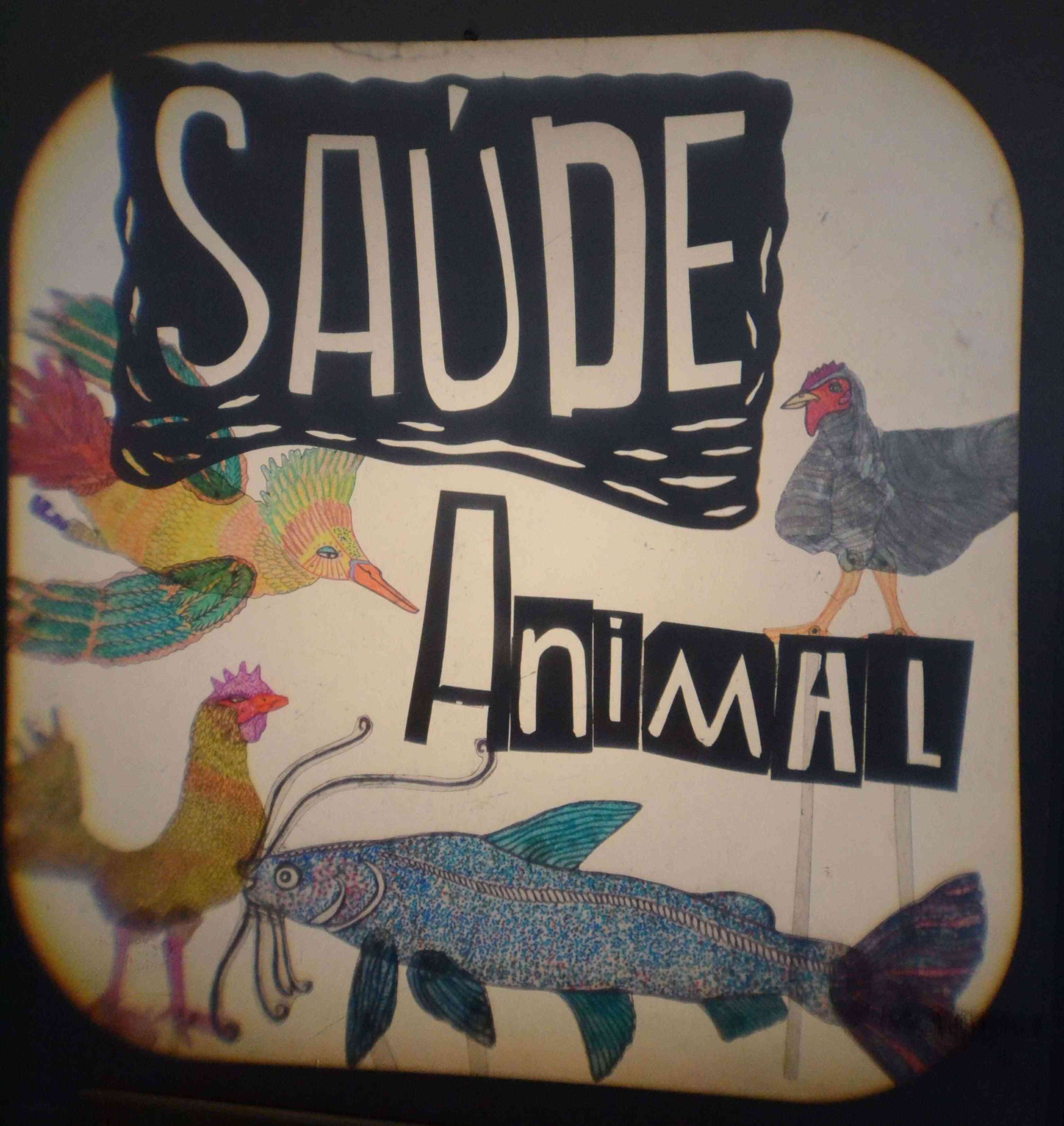
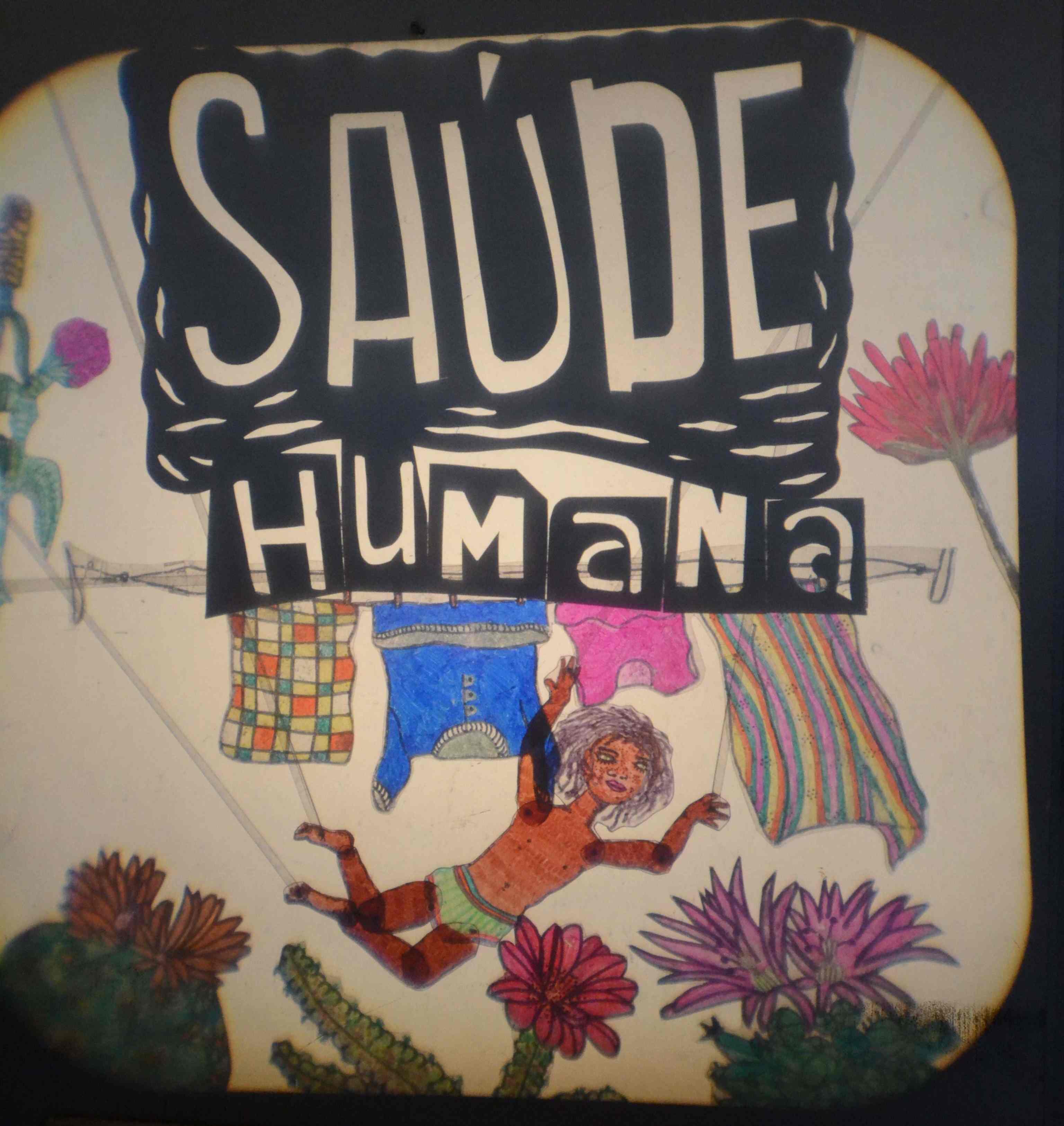
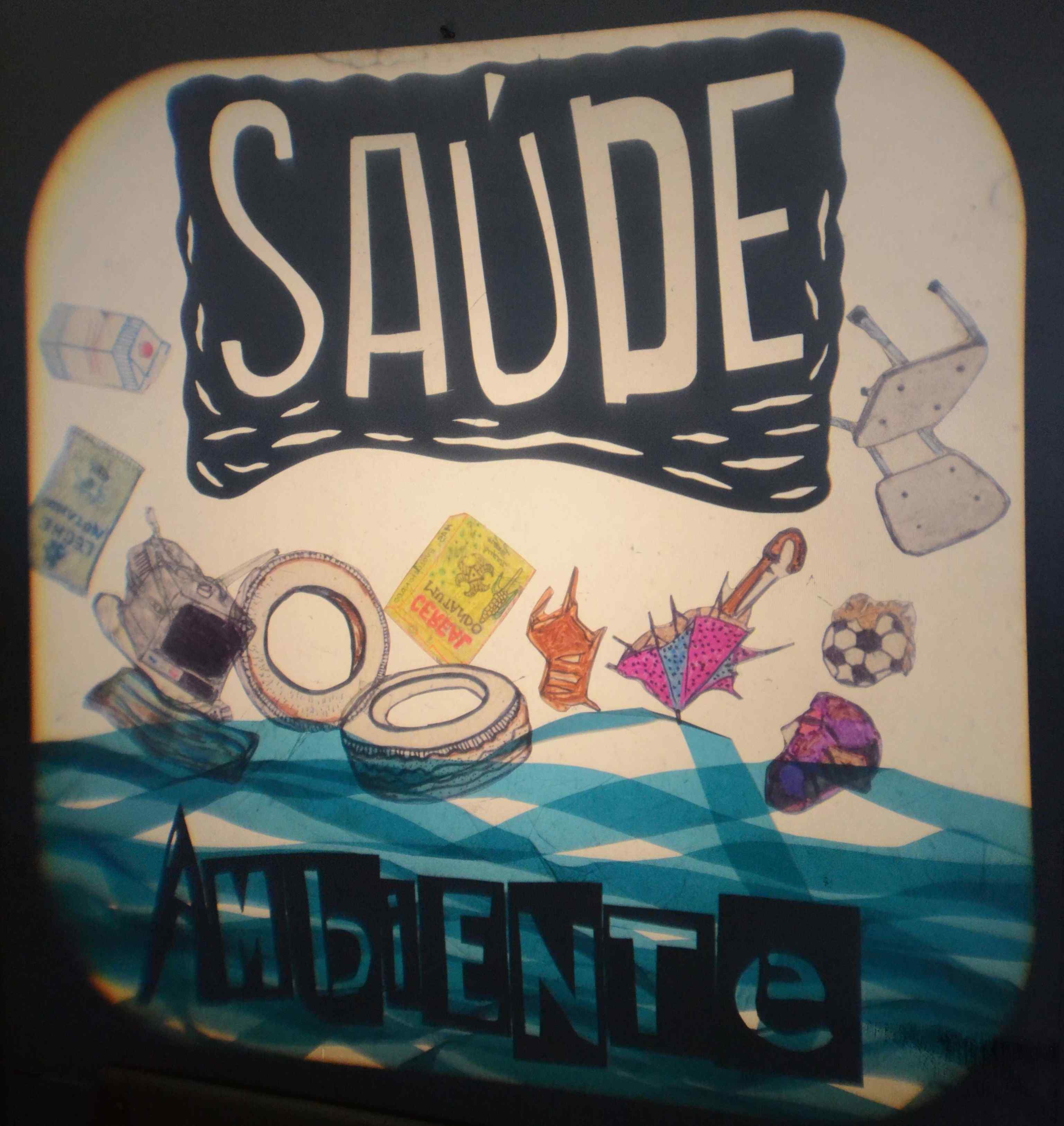
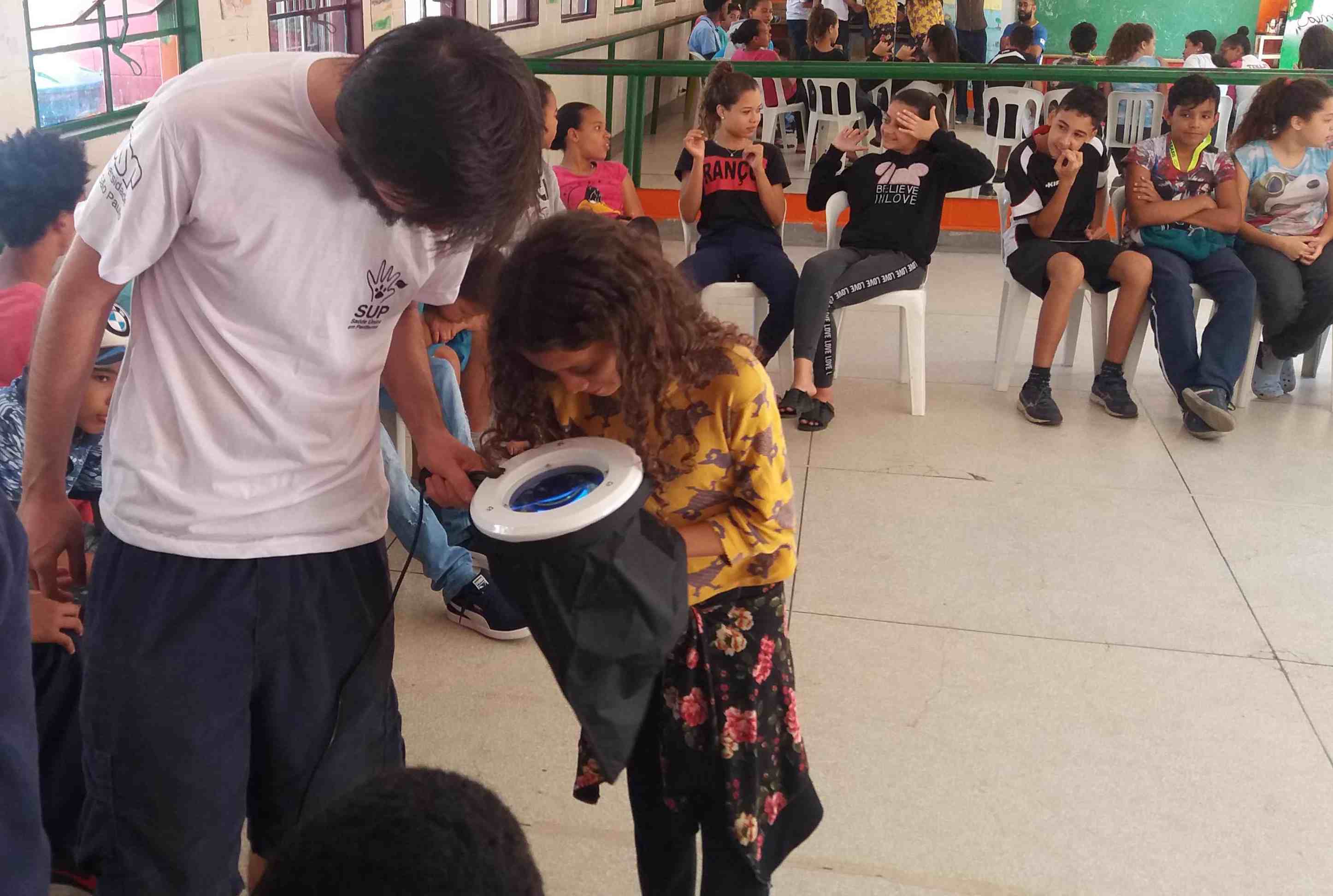

News

24/02/2025
The Animal Turn is a podcast dedicating its seventh season to multispecies health. The fifth episode is about marginalised multispecies collectives and, in it, producer Claudia Hirtenfelder interviews Professor Oswaldo Baquero to approach the subject from a critical health perspective. Listen to the episode.

30/10/2024
Multispecies health in collective territories is an event organised by the School of Veterinary Medicine of the Federal University of Rio Grande do Sul (UFRGS). The MUHE Network will contribute with the lectures For catastrophic times, multispecies health and Living in the favela, studying at a public university and caring for multispecies health. This is in addition to the opening speech by Prof Mauro Borba and the lecture Rescue of dogs from the May/2024 floods in Rio Grande do Sul: impacts on multi-species health by Prof Marilise Mesquita, both professors at UFRGS. The event is scheduled to take place on 4 November, from 9am to 11.45am, and will be broadcast on YouTube.
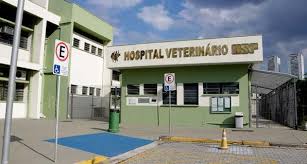
03/10/2024
The MUHE Network and the Veterinary Hospital of the School of Veterinary Medicine and Animal Health of the University of São Paulo (HOVET-FMVZ-USP) open a free spy/neuter campaign for dogs and cats of the communities São Remo, Buracanã and Sem Terra.
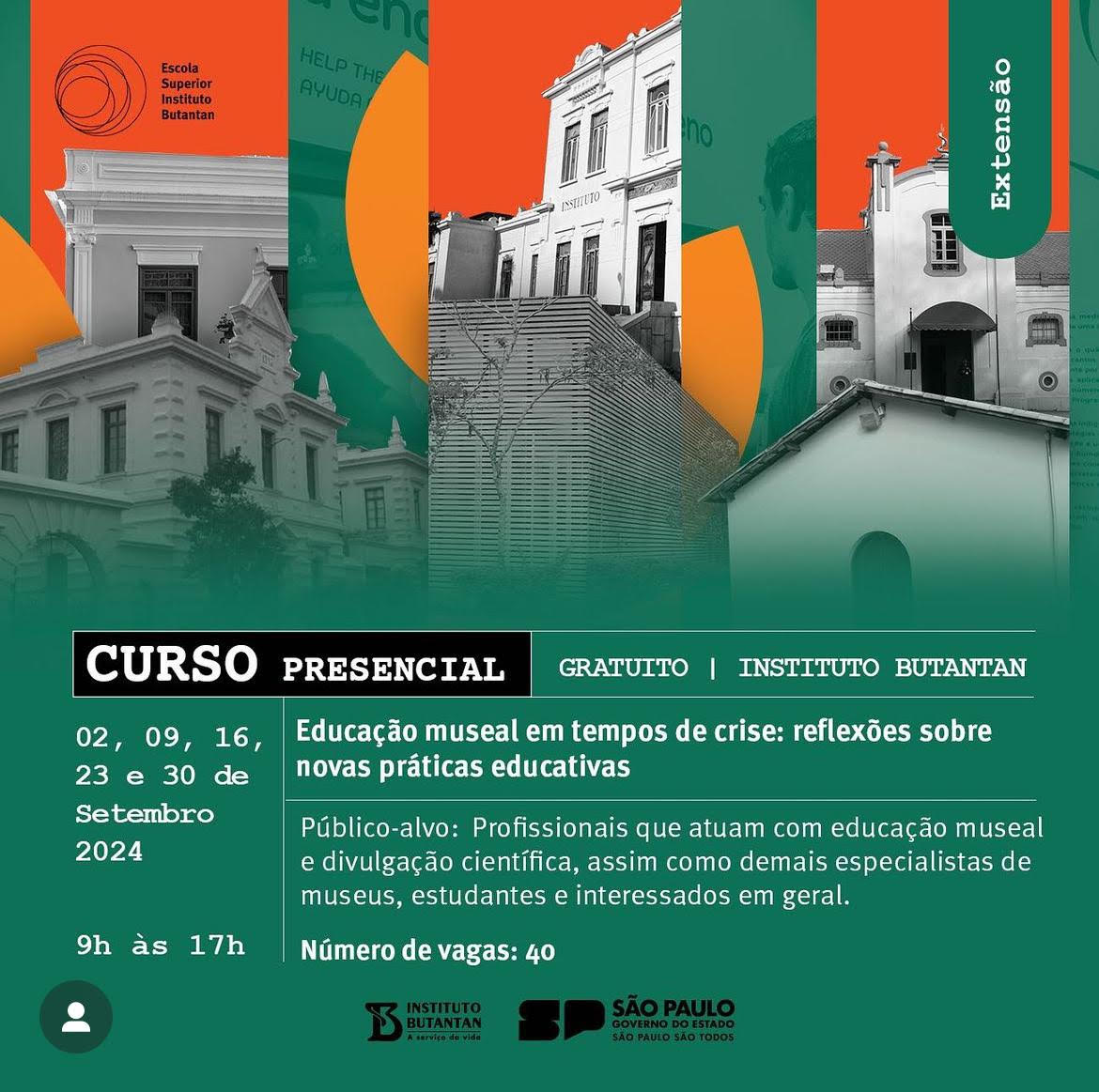
31/08/2024
The course Museum education in times of crisis: reflections on new educational practices discusses the role of museums in areas that intertwine science, ways of life and times of crisis. The themes cover the Anthropocene, scientific controversies, social markers of difference, multi-species collectives, as well as scientific thinking and digital culture in museums. The MUHE Network is contributing to the discussion Multispecies collectives: from modern specimens to decolonial subjects. Know more.
